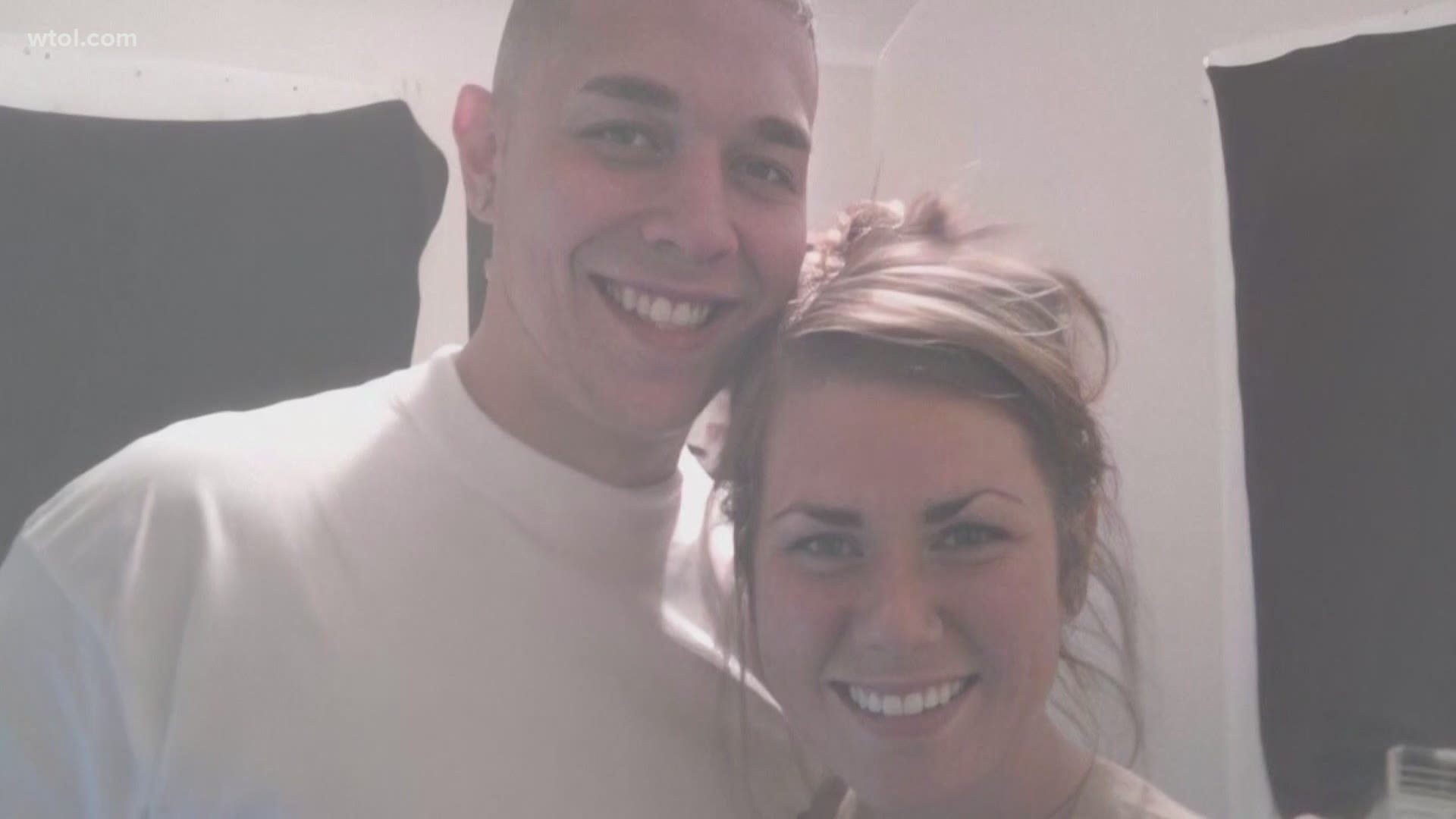TOLEDO, Ohio — On Jan. 30, 2011, phone logs show that Johnny Clarke received a call from friend Tiffany Williams at 10:41 p.m.
Williams later told police that Clarke answered and didn’t say anything to her, but she could hear him say, “Bro, what are you doing?”
Hours later, Clarke, 21, and his 20-year-old girlfriend, Lisa Straub, were found dead inside a Holland home. Clarke’s cell phone was smashed. The couple had plastic bags over their heads.
A cigarette found in the home had the DNA of two men, Sam Williams and Cameo Pettaway. Williams is serving a life sentence, but Pettaway’s case was thrown out after a judge ruled that prosecutors had not provided enough evidence of his guilt.
Nearly 13 years later, the case remains active because of several sets of unknown DNA that were found on duct tape on the bodies and in a pocket of Clarke’s sweatpants.
But 11 Investigates has learned that the Lucas County Sheriff's Office has sent two DNA samples to Virginia-based Parabon Nanolabs to create profiles that could be used in genetic genealogy.
Instead of looking at a handful of genetic markers in PCR testing, the sequencing in these profiles looks at hundreds, even thousands of markers. Rather than comparing to existing profiles in CODIS, the FBI's database, the profiles are compared to ancestry databases.
If there is a hit, a genealogist will get involved.
After 11 Investigates ran a three-night series on the murders in 2021, the series was put on YouTube, generating more than 533,000 views. One of those who viewed the video was famed genetic genealogist CeCe Moore. She offered her assistance in the case.
"The 911 calls from the mother were devastating. I'm a mother myself. I can't imagine what she went through, what she has gone through," Moore said in 2021. "This is a case where I really hope there is DNA viable to do genetic genealogy because I would really like to be able to provide answers to the family and really to the whole community. It's a devastating case. It would certainly be a great candidate for genetic genealogy."
It is now believed that there are two samples that can be used in this type of testing. Moore’s team works with Parabon Nanolabs and has helped solve hundreds of cases. Once a profile generates a hit in an ancestry database, it can be given to a genetic genealogist who builds family trees to determine who could have been at a crime scene. Often a suspect is identified who was not previously known to police.
Captain Ronald Collins of the Lucas County Sheriff's Office confirmed that samples have been sent to Parabon. Moore told 11 Investigates that she is working with them on the investigative genetic genealogy.
Anyone with information about this case can call CrimeStoppers at 419-255-1111 or the detective’s bureau at 419-213-4917.
MORE FROM WTOL 11:

